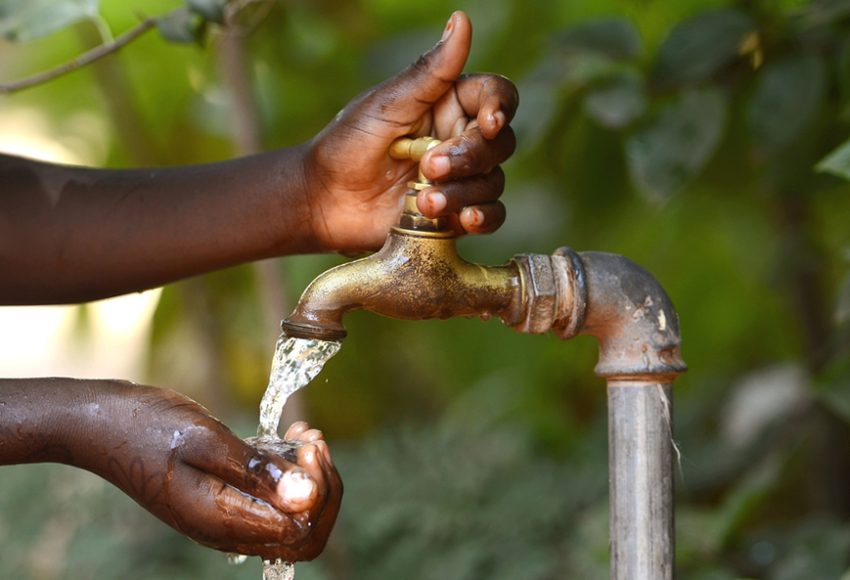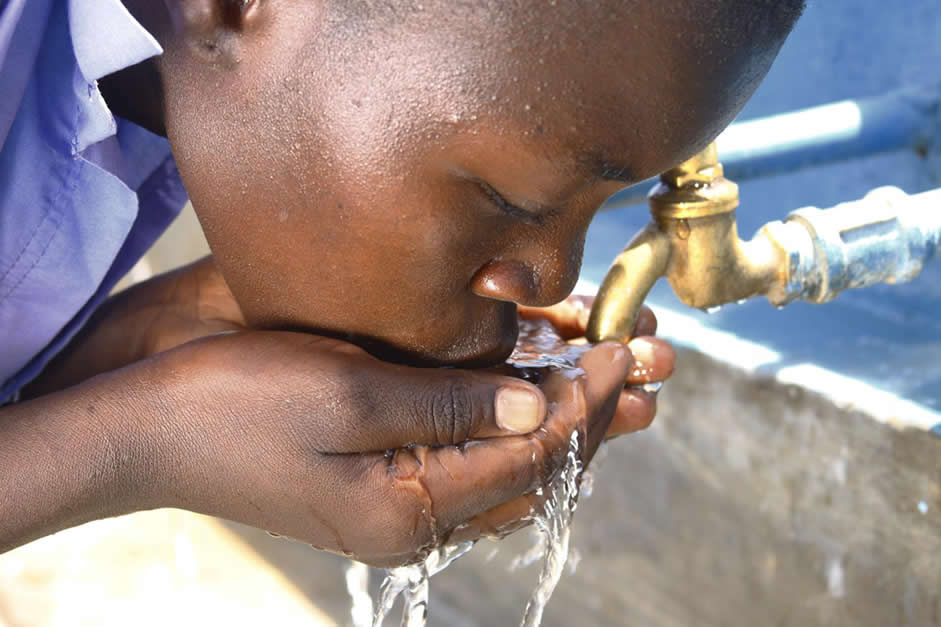
Can I Drink Tap Water In Uganda
Are you wondering if you can drink tap water in Uganda? When traveling to a new destination like Uganda, questions like “Can I drink the tap water?” often arise. Water is life, and on any road trip to a destination like Uganda, it is essential to keep yourself hydrated. While tap water can easily be accessed, it may not be safe for drinking. The water sources are overpopulated, and water filtration as well as disinfection facilities often do not meet international standards.
Extreme care should be taken with the kind of water you plan to take. This applies not only to tap water but also the bottled water. Currently, lots of companies have come up to package and produce bottled water. What is essential is always to keep a check on the quality standards to ensure they meet what the Uganda National Water and Sewerage Corporation (UNWSC).
Water services are often interrupted. More than 21 million Ugandans are said to have no access to safe drinking water. The good news, though, is that water is affordable and can easily be accessed. Tap water connectivity has been extended up to the accommodation facilities in Kampala and other urban centers.
Where is the tap water in Uganda generated from?
Naturally, Uganda is endowed with plenty of water resources. Each water source serves different purposes. Interestingly, the water sources and as a resource is widely distributed. Rainfall is the main source of water in Uganda, with an annual amount record of 500 to 2800mm. On average, about 1180mm of rainfall is received during the major wet or rainy seasons.
Uganda’s spatial distribution of rainfall is attributed to the great network of rivers and lakes. The main lakes include Lake Victoria, Lake Kyoga, Lake Albert, Edward, George, and the wetlands. Rivers include the Nile River, Semliki, Katonga, and others.
Tap water in Uganda
The largest consumer of tap water in Uganda is Kampala capital city. The tap water in Kampala is supplied by Lake Victoria, with about 4 major treatment plants, including Ggaba and Katosi. Kampala is known to have the best water treatment plant countrywide.
Tap water regulation in Uganda
The tap water in Uganda is regulated by the National Water and Sewerage Corporation (NWSC). The NWSC has many branches in different parts of the country, including the small towns.
Is the tap water in Uganda safe to drink?
 Uganda has open water and swampland, and as much as it is treated, care should be taken. Avoid drinking tap water as much as possible. You can only drink if it is thoroughly boiled. There are health issues that arise as a result of drinking tap water.
Uganda has open water and swampland, and as much as it is treated, care should be taken. Avoid drinking tap water as much as possible. You can only drink if it is thoroughly boiled. There are health issues that arise as a result of drinking tap water.
In 2017, a study conducted by the NWSC team showed that over 30% of their 200 samples were contaminated with microorganisms. This makes it not safe to drink unless treated or boiled.
What are the available alternatives?
Bottled drinking water has proven to be the best alternative. The packaging and the way it is handled are safe and secure for drinking. The different water bottling companies tend to adhere to the set standards to ensure that they provide high-quality water to their clientele.
The top bottling companies in Uganda include Century Bottling Company, Crown Beverages, Aqua Pure Ltd, Blue Wave Beverages Ltd, Harris International (U) Ltd, N.C. Beverages and more.
Which is the best bottled water in Uganda?
The best bottled water to drink in Uganda is the Rwenzori Mineral Water. This is Uganda’s top brand when it comes to bottled drinking water. The Rwenzori Mineral Water is available in most of the towns, hotels, and safari lodges. Even on a road trip to your destination, your safari guide can purchase some bottles for you or have a box of them in the vehicle to keep you hydrated.
The driver guide or safari guide can go shopping in some of the nearby shopping malls or supermarkets. This is usually done a day before the actual day of embarking on a road trip to your destination.
Conclusively, you can only drink tap water in Uganda if it is well-treated or boiled thoroughly. To be on the safer side, consider purchasing bottled drinking water anytime you feel thirsty.

Leave a Comment